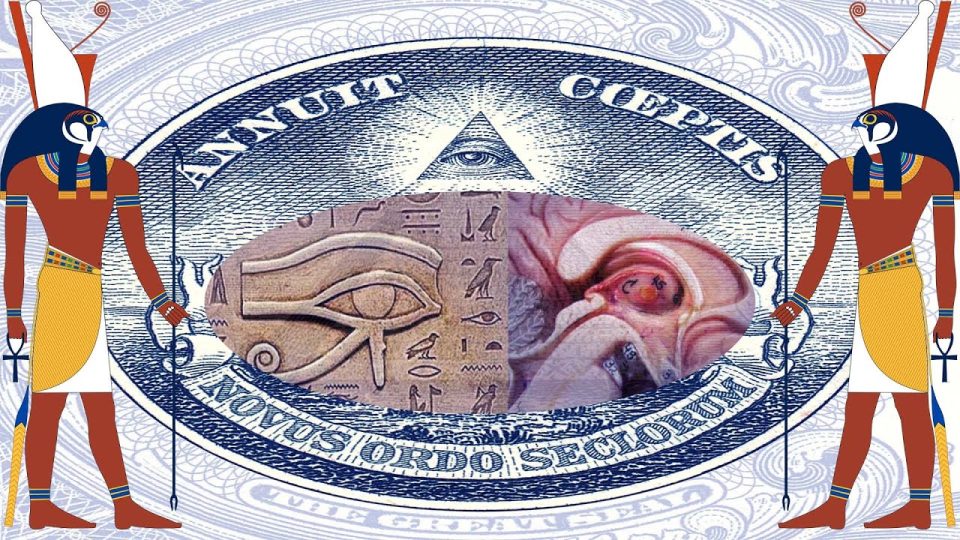1 – Africa: A Biography of the Continent: John Reader, 1998. This book is a comprehensive survey of the continent of Africa. It traces the continent’s history from prehistoric times to the present day, covering its geography, people, cultures, politics, and economics. The author describes the early human civilizations that arose in Africa, such as ancient Egypt and the Nok culture of West Africa. He also covers the impact of European colonialism on the continent and the struggle for independence in the 20th century. The book provides a balanced account of Africa’s achievements and challenges, and highlights the resilience of its people in the face of adversity.
2 – The Black Man’s Burden: Basil Davidson, 1992. This book examines the history of Africa from the colonial era to the present day. The author argues that Africa’s problems today are a legacy of colonialism, which imposed artificial borders, exploited natural resources, and undermined traditional African institutions. Davidson shows how the struggle for independence in Africa was part of a larger movement for self-determination around the world. He also highlights the contributions of African leaders like Kwame Nkrumah, Julius Nyerere, and Nelson Mandela, who worked to build a new Africa based on principles of democracy, social justice, and economic development.
3 – The African Origin of Civilization: Myth or Reality? Cheikh Anta Diop, 1974. This book argues that the origins of human civilization can be traced back to Africa, and that the achievements of ancient Egypt are a testament to the continent’s cultural and scientific heritage. The author challenges Eurocentric views of history and argues that Africa has made important contributions to world civilization. He also critiques the racial theories that have been used to justify Western imperialism and racism.
4 – King Leopold’s Ghost: A Story of Greed, Terror, and Heroism in Colonial Africa: Adam Hochschild, 1998. This book tells the story of King Leopold II of Belgium’s brutal exploitation of the Congo in the late 19th and early 20th centuries. The author documents the atrocities committed by Leopold’s agents, including forced labor, mutilation, and murder. He also highlights the efforts of African and European activists to expose and challenge the atrocities, and the role of the Congo in the wider struggle for African independence.
5 – The Scramble for Africa: White Man’s Conquest of the Dark Continent from 1876 to 1912: Thomas Pakenham, 1992. This book provides a detailed account of the European scramble for Africa in the late 19th and early 20th centuries. The author covers the political, economic, and military factors that led to the partition of Africa among European powers, and the impact of colonialism on the continent’s people, cultures, and economies. He also explores the role of African resistance movements in challenging colonial rule, and the legacy of colonialism for contemporary Africa.
6 – How Europe Underdeveloped Africa: Walter Rodney, 1972. This book analyzes the economic and political factors that led to the underdevelopment of Africa under European colonialism. The author argues that colonialism disrupted traditional African economies, imposed foreign economic systems that benefited European powers, and destroyed local industries and trade networks. Rodney also highlights the ways in which African societies resisted colonialism and developed alternative forms of economic and political organization.
7 – Black Athena: The Afroasiatic Roots of Classical Civilization: Martin Bernal, 1987. This book challenges traditional views of the origins of Greek civilization, arguing that its roots can be traced back to ancient Egypt and other African and Near Eastern cultures. The author critiques the Eurocentric bias of classical scholarship, which has marginalized or ignored the contributions of non-European cultures to the development of Western civilization. Bernal presents evidence from archaeological, linguistic, and historical sources to support his argument, and offers a provocative re-interpretation of the history of Western civilization.
8 – The Destruction of Black Civilization: Great Issues of a Race from 4500 B.C. to 2000 A.D.: Chancellor Williams, 1971. This book provides a sweeping overview of African history, covering a period of more than 6,000 years. The author argues that African civilizations were among the most advanced in the world, but were destroyed or suppressed by European imperialism and racism. Williams documents the achievements of African civilizations such as ancient Egypt, Ethiopia, and Mali, and shows how they influenced world history. He also highlights the contributions of African diaspora communities in the Americas and elsewhere, and advocates for a new era of African unity and liberation.
9 – The African Slave Trade: Basil Davidson, 1980. This book provides a comprehensive history of the transatlantic slave trade, which brought millions of Africans to the Americas and other parts of the world as slaves. The author traces the origins of the slave trade in Africa, and examines the political and economic factors that made it possible. Davidson also covers the experiences of African slaves in the New World, including their resistance and cultural resilience. He argues that the slave trade was one of the most significant events in world history, and has had a lasting impact on the societies and cultures of Africa and the Americas.
10 – Africa Since 1940: The Past of the Present: Frederick Cooper, 2002. This book provides a comprehensive overview of African history since the end of World War II. The author covers the struggle for independence, the challenges of nation-building, and the impact of globalization and neoliberalism on African societies. Cooper also explores the cultural and social changes that have occurred in Africa since the mid-20th century, including the rise of pan-Africanism, the emergence of new forms of popular culture, and the growth of civil society. He argues that Africa’s history since 1940 has been shaped by a complex interplay of internal and external forces, and that its future will depend on its ability to navigate these challenges.












